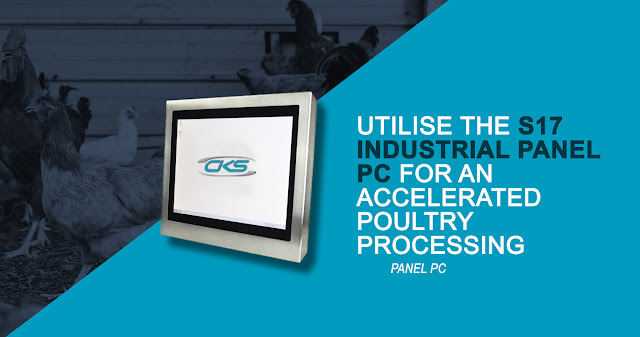Basic Ways to Troubleshoot Rugged Industrial Computers
Those who have invested much of their capital
in their industrial computers know that
damage to their equipment will always lead to a setback in profits.
When the machinery fails, it can lead to loss
of income that can affect the livelihood of those who operate on the
manufacturing floor.
Troubleshooting various concerns with
equipment can make it last longer, and with proper maintenance, it can be
easier to generate more use out of your computers.
Checking
for Industrial Computer Damage
Learning how to deal with malfunctioning
equipment is a basic step in any industrial setting.
But for those who have recently come into this
sort of business or are new to the floor, it would be handy to read something
about how to keep machines working efficiently and free from damage.
Reset
the machine.
Like any computer, industrial computers have
internal memory capacitors that deal with the transmission of information,
providing the desired output or product that one may ask for.
As time goes on, wear and tear on these
capacitors can make transmission slower, or else, be terminated completely. For
personal computer users, this is what is known as “lagging” and is often fixed
by a system restart or reboot.
Industrial grade computers more or less
work in the same way – whilst a complete shutdown will be impossible on
extremely busy manufacturing floors, there are usually ways to unload a
system’s RAM in order to speed up operations.
Read More: A Basic Guide for Maintaining a Good
Panel PC
Check
for faulty machinery.
Industrial PCs generally do not need to be
reset often, and often only need to be looked at when one is experiencing a
difference in production output or if there are delays.
The machinery may need to be inspected for
damage. When this happens, whether due to environmental factors, accidents, or
wear-and-tear, they may need to be replaced.
Taking care of it is one step towards
maintaining better products, so be wary if someone is handling equipment
incorrectly.
Update
and/or Reboot its Operating System.
Whilst updating software for
industrial computers is not as fast-paced as software for personal
computers, it may do well to check the latest updates on one’s industry news in
order to keep one’s machinery from being obsolete.
Updating frequently and rebooting and checking
for system bugs helps maintaining smooth user interfaces and operating costs.
This saves on energy costs and maintenance upkeep for your industrial
computers.
Whilst maintenance for industrial
grade computers is a less than enjoyable aspect of it, it is
necessary in order to get as much value from your equipment as possible.
Read More: A Basic Guide for Maintaining a Good
Panel PC
Proper
utilisation of the equipment.
Easily replaceable parts and upgrades can be
obtained if it is being carefully examined, and as such it should be maintained
and kept from harm. Troubleshooting thoroughly will only serve to help upkeep
and maintain product quality.
Overall, the key to keeping industrial PCs
run smoothly is to operate only within its specifications,
and to use it properly and in the right environment that it was made for.
Handling such devices with care will lead to
less damage down the road, and will benefit profits and output for the better.
Source:
Take a Step
by Step Approach to System Troubleshooting, controleng.com


Comments
Post a Comment